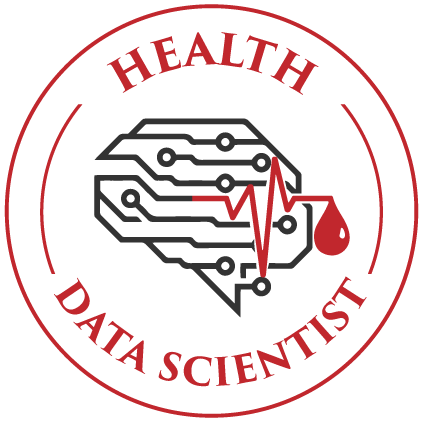Maureen Roepsch’s story is more than just beating cancer. It’s about the power of a system that has your back. Her experience, like the thousands of other Veterans fighting cancer with support from VA, demonstrates the importance of vigilance, timely screenings and the profound impact of VA’s comprehensive care along the path of a cancer diagnosis.
A legacy of military service
Roepsch (pictured above) is an Air Force and Coast Guard Veteran who comes from a long line of military service, including family members who served in Vietnam, World War II and the Korean War. She has since spent many years serving her fellow Veterans as a VA Public Affairs Officer after her military retirement.
Empowerment through routine screenings
With a family history of breast cancer, Roepsch knew it was important to have her regular cancer screenings. In 2020, after a routine mammogram, she got a call to come in for a follow-up appointment.
That was Jan. 2, the same day her grandmother died of breast cancer decades earlier.
The next day at Manchester VA, Roepsch received another mammogram and ultrasound. She was even able to get the biopsy the same day, as she was eager to know right away of any anomalies.
Roepsch said that since she had followed her primary care doctor’s recommendation to have regular mammograms and, because she “had excellent care from VA,” she felt confident she would be able to navigate the diagnosis.
Navigating cancer treatment through care coordination
Roepsch was diagnosed with invasive ductal carcinoma, a breast cancer that required four weeks of radiation following surgery.
VA wasted no time. From quick tests to a dedicated nurse navigator, she was supported every step of the way. They didn’t just tell her what was next. They made sure it happened fast, coordinating her care with specialists at nearby Elliott Hospital just down the road from her VA.
VA’s nurse navigation helped Roepsch with the tough decisions that are inevitable in cancer care. She says her VA nurse navigator, Kelly Hunt, made sure she was able to see a surgeon and that any medical oncology would be close to home in Londonderry, so she wouldn’t have to travel an hour into Boston.
With hard decisions and a frightening diagnosis, VA’s system of care and navigators is built to provide comprehensive support for Veterans. “I was able to get excellent care. I didn’t have to worry about any referrals or records and everything was top-notch,” she said.
Advice for fellow Veterans
Roepsch’s advice to fellow Veterans? Be your own advocate and get into VA’s health care system early in order to be proactive and preventative.
Standing shoulder to shoulder beside the more than 56,000 Veterans who are diagnosed and treated for cancer each year, VA’s team of experts and professionals take pride in going above and beyond to provide the care Veterans need, wherever it might be.
Now in maintenance treatment to safeguard against potential recurrence, Roepsch’s story shows the power of a system that prioritizes swift action, expertise and Veteran well-being. “It’s such a comfort knowing I have this team on my side. I know if I go to another VA and say I need you right now, they’re going to find me care,” she said.
Learn more about cancer care at VA
VA is building the Breast and Gynecologic Oncology System of Excellence to provide cutting-edge cancer care to Veterans. VA is proud to now offer the first national virtual peer support program for Veterans undergoing treatment for breast and gynecologic cancers.
Learn more about VA’s Breast and Gynecologic Oncology System of Excellence’s services by viewing Cancer Allies. Veterans are strongly encouraged to talk to their VA provider about the need for different cancer screenings and what screening options are available. Visit My HealthVet to learn tips and tools to help you partner with your health care team, so together, you may work to manage your health.
Author:
